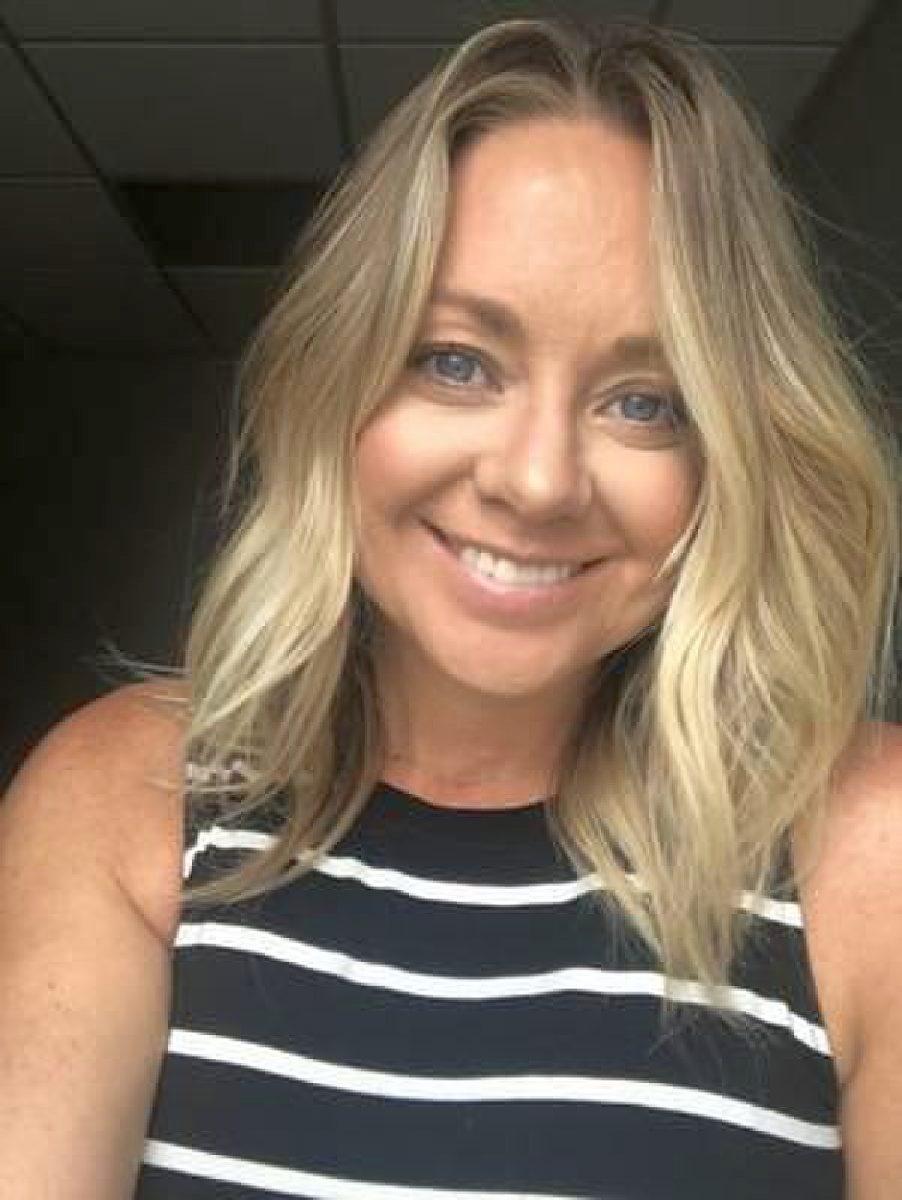
I suffer from anxiety and depression.
That’s not something very easy for me to admit. Yet here we are.
I was always a rather anxious kid, always worried about what everyone else thought, always worried about whether or not I was good enough, always worried about this test or that quiz or some other big assignment. I thought I had to be perfect, pleasing to everyone around me.
While many memories from my childhood and adolescence are now blurred, that constant struggle with worry remains embedded, woven throughout every fiber.
Then, my family suffered a tragic loss just as I was entering high school, and that’s when what I call “the doom” moved in. I’d never experienced sadness or longing like that before. It was consuming, overwhelming. And there were many a morning I wondered whether or not I would survive at all.
Those feelings stuck with me. They’re with me now, all the time. There’s always “the doom,” some unknown, untouchable fear that I can’t explain and barely touch. It’s real and yet it’s not.
Because I struggled so much with that unexpected loss as a teenager, my parents thought it best I “talk to someone,” as we so often say when we refer to mental health counseling.
Always eager to please, I did, and thus began what is now a life-long relationship with my own mental health.
I remember talking to Dr. Fred — as everyone so affectionately called him — in his quaint office, tucked into a corner of his rural and charming historic home, my frame slight in his high-backed, yellow fabric-lined chair. His little dog, a Yorkie, would often curl up and sleep at my feet.
It was a safe space, a place for me to talk openly about my grief in — what I would later discover — was an attempt to take hold of it, examine it, understand it and, if possible, put it down for awhile.
Through college and into adulthood, I continued seeing Dr. Fred from time to time. I worked through break-ups, more loss and, later, divorce. I talked through the struggles of new relationships, new challenges and even the fear that often comes with personal success.
Months — or even years — would go by when I wouldn’t seek therapy at all, but I would always, at some point, feel that craving — a longing for that sense of ease and weightlessness that so often comes with an hour spent amid the trees, in his little office, tucked into that high-backed chair.
The other day, I had a conversation with a woman who was offering me a bit of praise for my writing, particularly these pieces where I show you a bit of my heart. She said to me, “You just always seem, especially for someone so young, to really have it all together.”
I’ll admit, I laughed, because most days I feel like I’m hanging on by the thinnest of threads. The hours and the days go by in a blur and I wonder if I’m making any difference to anyone at all.
But then I realized, maybe I do have, at least some of it, together. And if I do, it’s because I gave myself the greatest gift when I succumbed to my parents’ plea all those years ago.
Over the years, during all of those hours and minutes spent talking and listening to Dr. Fred, locking away every whisper of advice and nudge toward self-awareness, I gave myself a tool box, so to speak — a collection of resources and knowledge I can draw upon when things get tough.
When I find myself in a disagreement, I know to stop talking and to actively listen instead.
I know how I need to be loved in return.
I know well the importance of respect.
I know my mental health requires the setting of boundaries.
I know that when I feel “the doom” set in, I can fight it by getting up and finding five things for which I am grateful.
I know the value of a long walk at sunset or an hour spent giving to someone other than myself.
And all of these tools came from my choice to embrace my mental health, not to run from it, all those years ago. Because understanding why we feel the way we feel — and why others respond to us in the ways they do — is imperative to our overall health and well-being.
May marks Mental Health Awareness Month, something that’s been observed in the U.S. every year since 1949.
Yet I’m only recently seeing more and more people be brave enough to speak about it among friends, to colleagues and to post about it on their social media platforms.
According to Mental Health America, 19% of Americans say they struggle with mental health. The Centers for Disease Control says one in every six Americans will suffer from depression or anxiety.
Suicide rates increased an astonishing 33% between 1999 and 2019; it’s now the tenth-leading cause of death in the U.S. That’s one person — one soul — every 11 minutes.
This is not rare. It’s not elusive. And resources are out there for the taking. So wouldn’t we all be better served to stop speaking in hushed voices when we or someone we love needs to “talk to someone?”
No one is ever faulted for seeing a physician for chronic headaches or high blood pressure, yet stigma remains around embracing our own mental health.
Yet I assure you, it’s just as important.
[sc:pullout-title pullout-title=”For help” ][sc:pullout-text-begin]
To find local mental health resources, call 812-886-6800 or visit https://www.gshvin.org/health-services/behavioral-health/.
The National Suicide Hotline, too, can be reached at 800-273-8255.
[sc:pullout-text-end]
McNeece is the editor of Vincennes Sun-Commercial.
